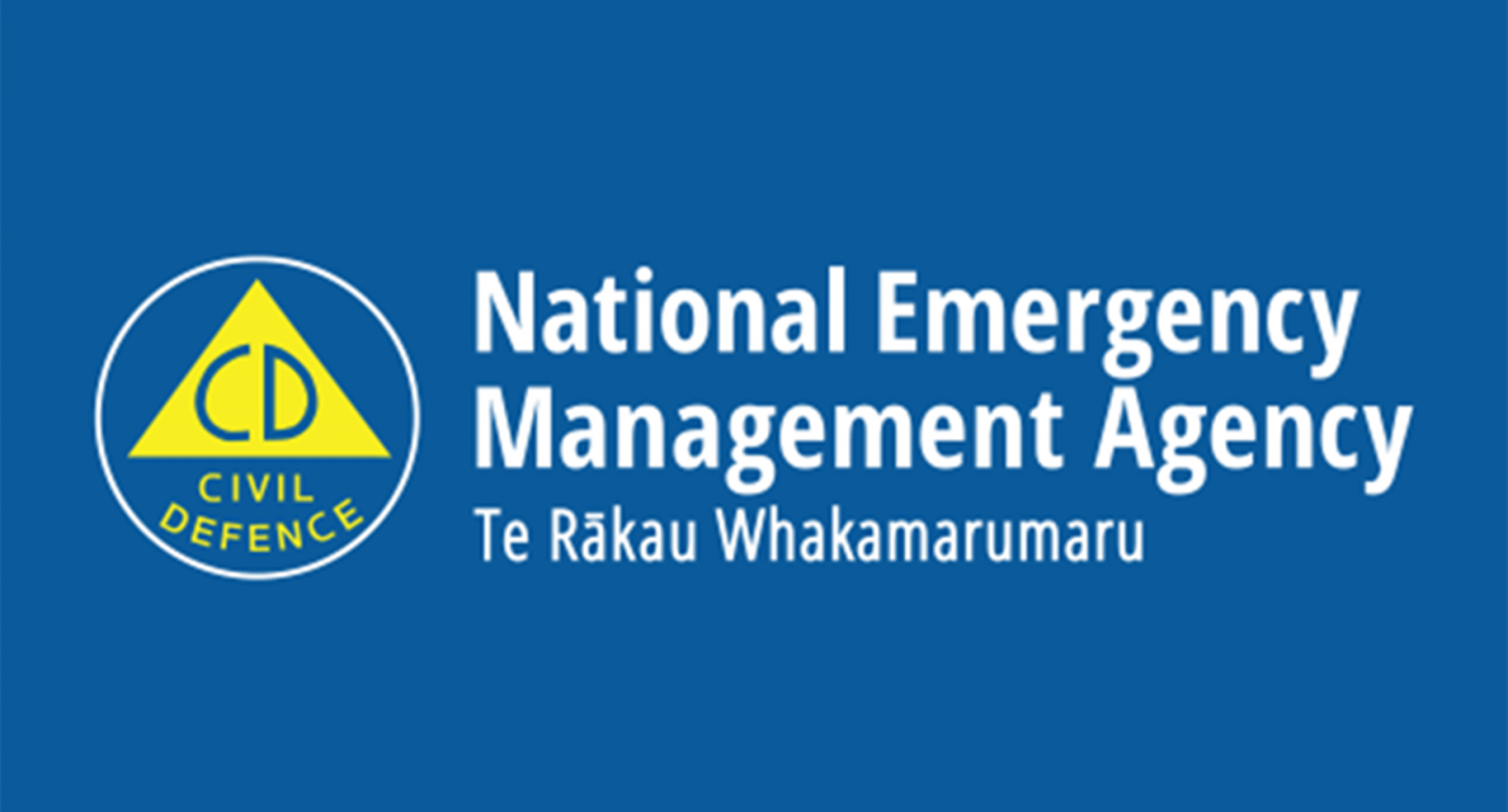Be Prepared
Are you prepared for an emergency?
During an emergency, there might be a period of time when you and your family may be isolated due to damage to roads and communications. It is therefore important to ensure you have an emergency plan and kit that contains supplies for you and your family for three days or more, should a disaster strike.
Your emergency kit should include:
- Torch and radio with spare batteries
- Any special needs items such as hearing aids, spare batteries, glasses or mobility aids
- Emergency water and easy-to-carry food rations such as energy bars and dried foods in case there are delays in reaching a welfare centre or a place where you might find support. If you have any special dietary requirements, ensure you have extra supplies
- First aid kit and essential medicines
- Essential items for infants or young children such as formula and food, nappies and a favourite toy
- Change of clothes (wind/waterproof clothing and strong outdoor shoes)
- Toiletries – towel, soap, toothbrush, sanitary items, toilet paper
- Blankets or sleeping bags
- Face and dust masks
Important documents
Include important documents in your getaway kit: identification (birth and marriage certificates, driver's licences and passports), financial documents (e.g. insurance policies and mortgage information), and family photos.
Get prepared
Leaving it until an emergency strikes could leave you and your family vulnerable however an emergency plan will help you to respond quickly and safely if a disaster happens.
Get a copy of a household emergency plan
Where else can I get information to help me be prepared?
For further readiness information we recommend visiting www.getready.govt.nz
Where should you go when an emergency strikes?
The first point of contact with Civil Defence should be your local Community Hub.
